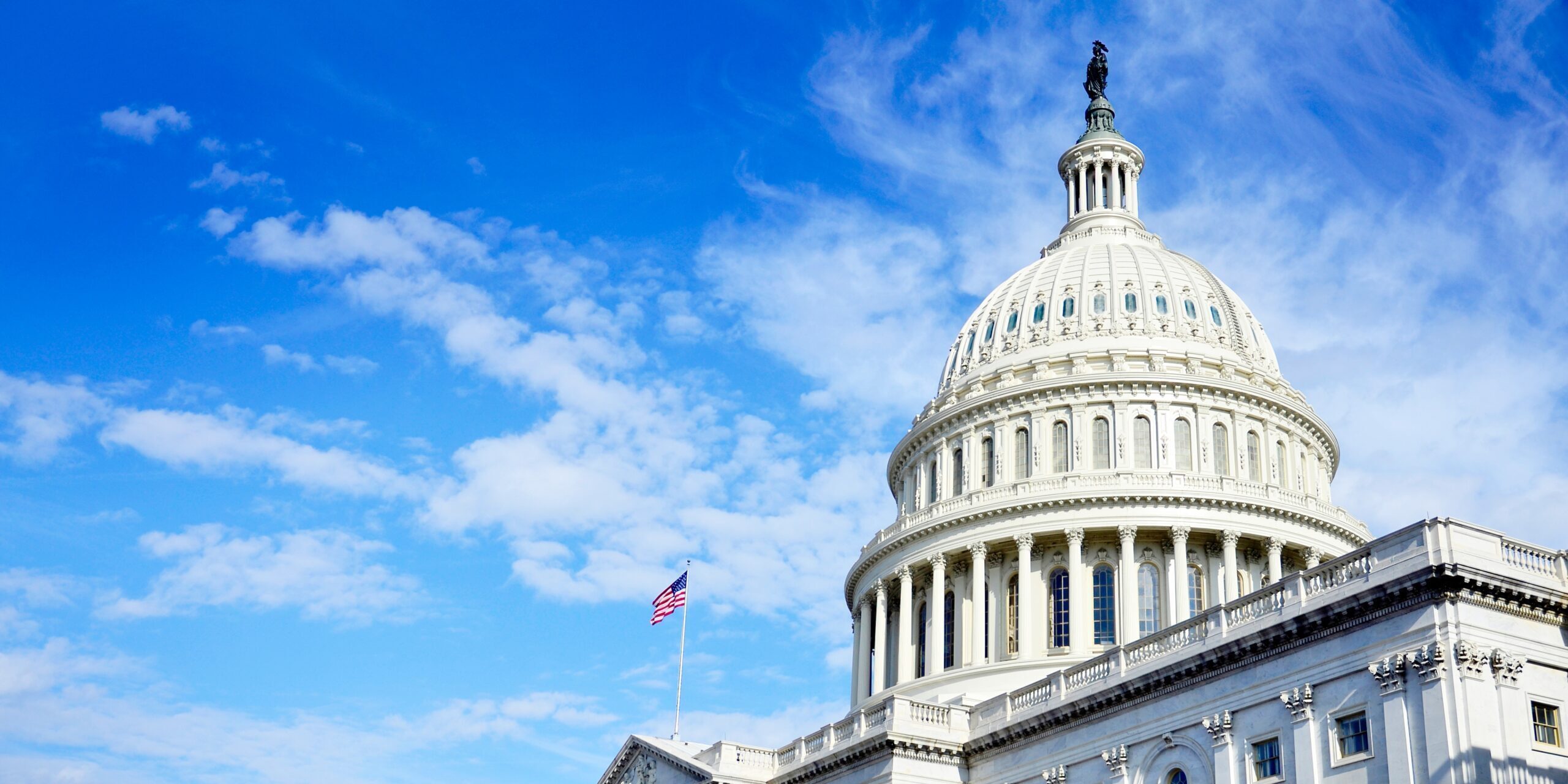Kentucky Legislature Passes Campus Free Speech Bill

By overwhelming majorities in the state Senate and House, Kentucky lawmakers have passed a campus free speech protection bill aimed at the state’s public (i.e., government-owned) universities and colleges. Governor Matt Bevin is expected to sign it into law.
The Campus Free Speech Protection Act guarantees:
- That no speaker can be disinvited because their views are controversial.
- Speech cannot be restricted to small “free speech zones” or impeded by large “security fees.”
- No permits will be required for spontaneous speech, although schools may charge fees for the use of facilities such as theaters for pre-planned events.
- Schools must pay damages to those whose free-speech rights are violated.
Such bills are becoming more popular because of recent campus speaker events around the country that have been marred by violence, threats of violence, or merely the school administration’s ideological opposition to the speaker. Speakers such as Ben Shapiro, Milo Yiannopoulos, Ken Ham and Dennis Prager have all, in recent years, experienced this phenomenon.
Eleven states in addition to Kentucky, have passed laws in recent years to protect free speech on campus: Arizona, Colorado, Florida, Georgia, Kentucky, Louisiana, Missouri, North Carolina, Tennessee, Utah and Virginia. A model bill drafted by the Goldwater Institute has formed the basis for several of those state laws.
In addition to state legislatures passing free speech bills, President Trump has recently promised to sign an executive order that will tie federal research funding to universities with how well they guarantee free speech on campus. The President’s action followed a recent event on the campus of the University of California at Berkeley where a student on a public sidewalk recruiting for a conservative student organization was punched in the face by another student who disliked the organization. The incident was recorded on video.
Related resources:
Parents Guide to Religious Freedom on Campus
The Freedom to Speak Your Faith
ABOUT THE AUTHOR

Bruce Hausknecht, J.D., is an attorney who serves as Focus on the Family’s judicial analyst. He is responsible for research and analysis of legal and judicial issues related to Christians and the institution of the family, including First Amendment freedom of religion and free speech issues, judicial activism, marriage, homosexuality and pro-life matters. He also tracks legislation and laws affecting these issues. Prior to joining Focus in 2004, Hausknecht practiced law for 17 years in construction litigation and as an associate general counsel for a large ministry in Virginia. He was also an associate pastor at a church in Colorado Springs for seven years, primarily in worship music ministry. Hausknecht has provided legal analysis and commentary for top media outlets including CNN, ABC News, NBC News, CBS Radio, The New York Times, the Chicago Tribune, The Washington Post, The Washington Times, the Associated Press, the Los Angeles Times, The Wall Street Journal, the Boston Globe and BBC radio. He’s also a regular contributor to The Daily Citizen. He earned a bachelor’s degree in history from the University of Illinois and his J.D. from Northwestern University School of Law. Hausknecht has been married since 1981 and has three adult children, as well as three adorable grandkids. In his free time, Hausknecht loves getting creative with his camera and capturing stunning photographs of his adopted state of Colorado.
Related Posts

Focus on the Family Supports Bill Restoring Churches and Non-Profits’ Free Speech Rights
April 1, 2025

Corey DeAngelis Sues School Board for Violating His Free Speech
January 17, 2025

Colorado Officials Pay $1.5 Million for Violating the Constitution
November 22, 2024

‘Pride’ and Black Lives Matter Flags to Become School Symbols
November 19, 2024
